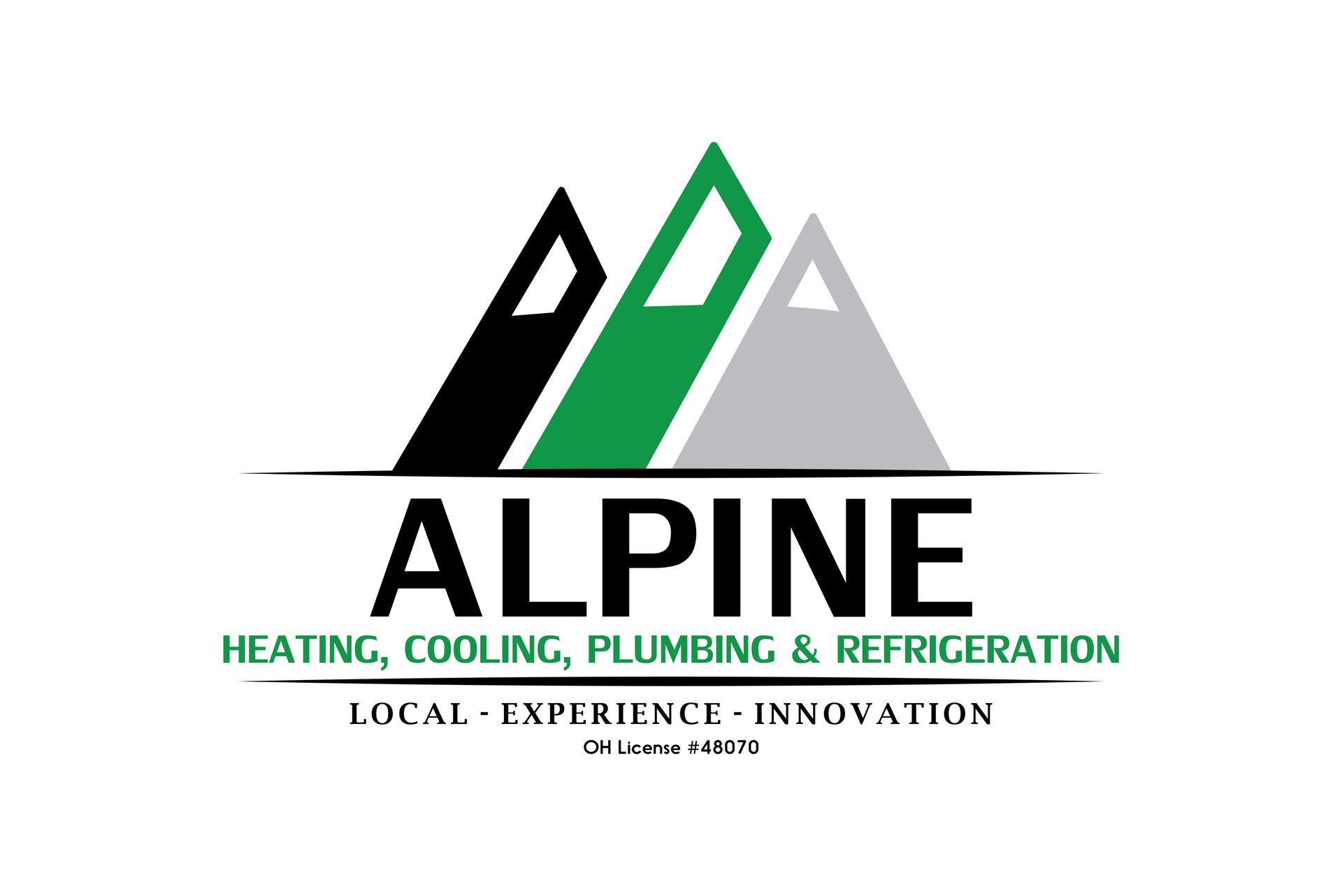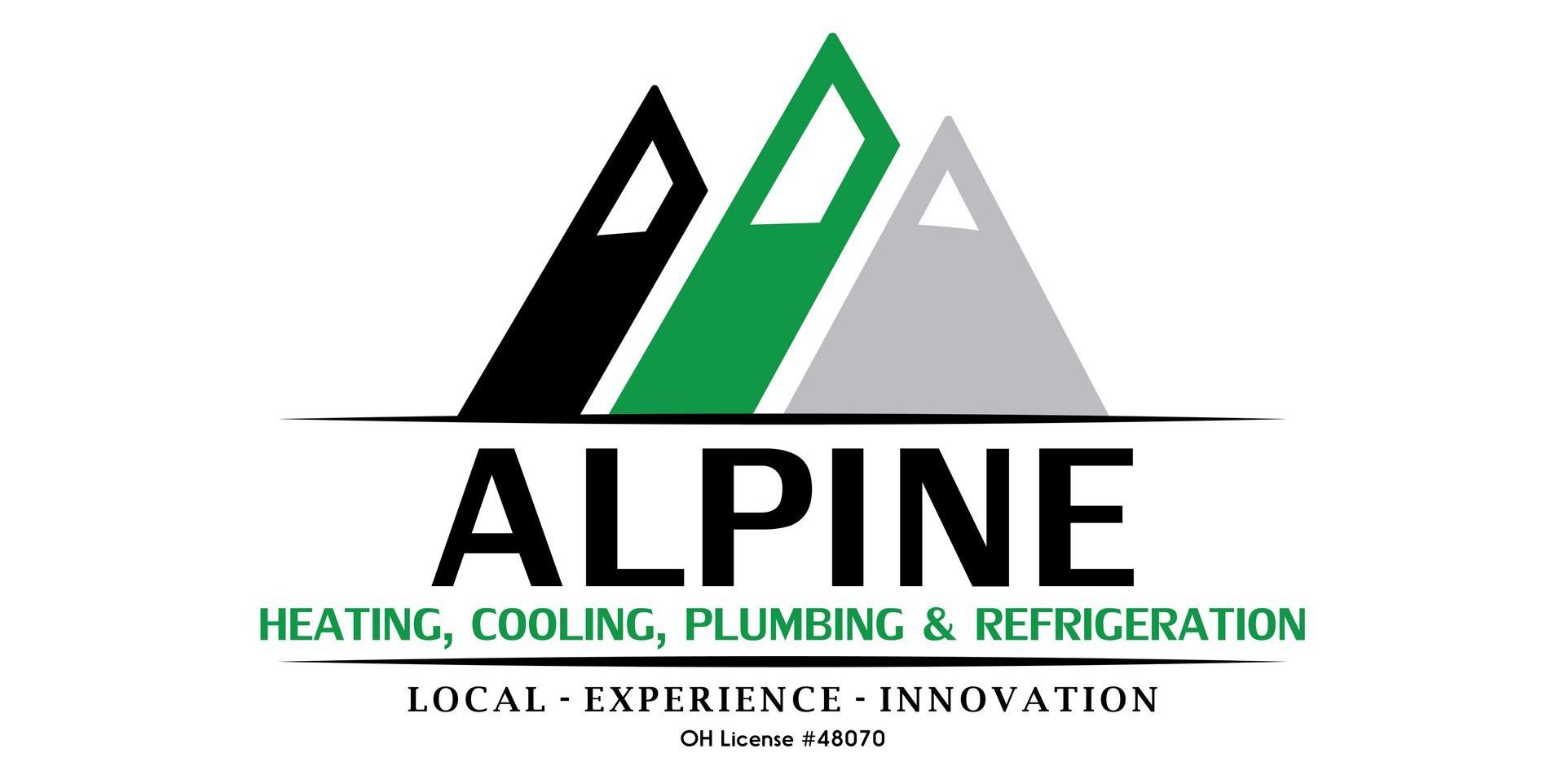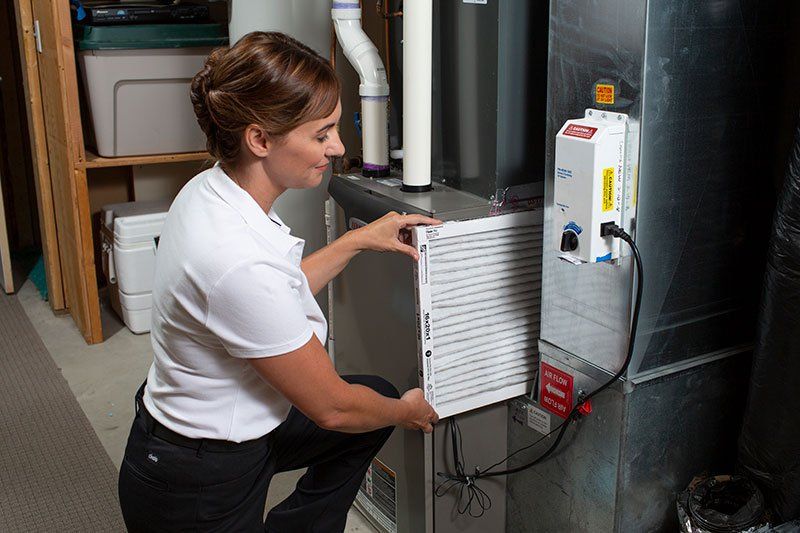The Fuel Factor: Comparing Heating Fuel Options
In the world of home heating, selecting the right fuel source is a crucial decision that impacts both your comfort and your budget. With various options available, it's important to weigh the pros and cons to determine the most suitable choice for your specific needs. In this blog post, we will compare different heating fuel options - natural gas, propane, heating oil, and electricity - by discussing their availability and cost-effectiveness.
1. Natural Gas:
Availability: Natural gas is widely available in urban and suburban areas, with a robust infrastructure of pipelines and distribution networks. However, rural and remote locations may not have access to natural gas.
Cost-Effectiveness: Natural gas is often considered one of the most cost-effective heating options. It tends to be cheaper than propane and heating oil, and it's generally more energy-efficient, which means you get more heat for your energy dollars.
2. Propane:
Availability: Propane is available in most areas, but it usually comes in tanks that require periodic refilling. It is a common choice for rural and off-grid homes.
Cost-Effectiveness: Propane prices can vary depending on location and supplier, but it's often more expensive than natural gas. However, propane heating systems are highly efficient, which can offset the higher fuel costs.
3. Heating Oil:
Availability: Heating oil is readily available in most regions, especially in the northern United States. It is typically delivered by truck to an on-site storage tank.
Cost-Effectiveness: The cost of heating oil is influenced by factors like crude oil prices, regional supply and demand, and the efficiency of your heating system. While it can be cost-effective, it can also be subject to price fluctuations.
4. Electricity:
Availability: Electricity is universally available, making it a convenient option for heating in all areas.
Cost-Effectiveness: Electric heating systems are known for their simplicity and ease of installation. However, electricity can be relatively expensive compared to other fuel sources, especially if your electricity comes from non-renewable sources.
Key Considerations for Your Choice:
Energy Efficiency: Consider the efficiency of your heating system. High-efficiency systems can significantly reduce your heating costs, regardless of the fuel source.
Environmental Impact: Assess the environmental impact of your chosen fuel. Natural gas and electricity from renewable sources are considered more eco-friendly options.
Location: Availability varies by location. If you live in a remote area, you may have limited choices, and some fuels may be more practical than others.
Cost and Budget: Factor in the initial cost of installation, ongoing fuel expenses, and any maintenance costs when making your decision.
Heating Needs: Your heating needs, such as the size of your home and your desired level of comfort, can impact the cost-effectiveness of your chosen fuel source.
In conclusion, the choice of heating fuel should be based on your unique circumstances, preferences, and budget. Natural gas is often the most cost-effective option where available, but propane, heating oil, and electricity can also be suitable choices depending on your location and heating system efficiency. Be sure to reach out to one of the team members at Alpine to make the most informed decision, ensuring a warm and cozy home throughout the heating season.
Serving Wooster, OH, and surrounding communities since 1993, we are a locally owned and operated HVAC contractor working with a variety of heating and cooling systems. Call (330) 263-0013 to schedule an furnace repair or inspection and visit our website to learn more about our qualifications. Connect on Facebook for more tips and insights.












